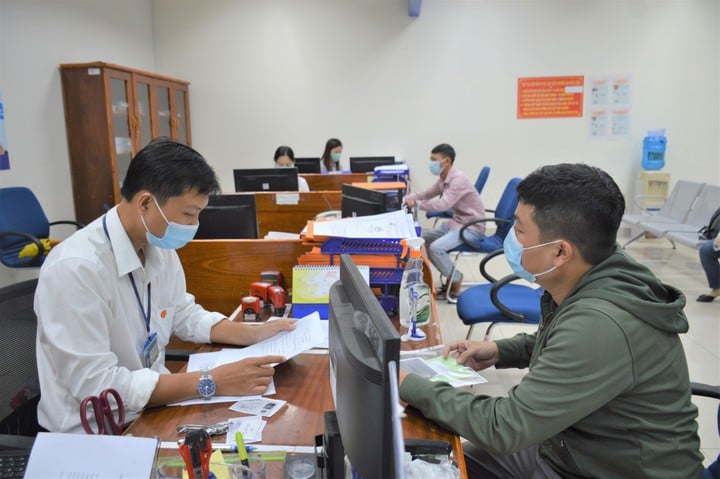
Digital transformation in Ca Mau is no longer a slogan, but has gone deep into practice, becoming a driving force for innovation in management methods, improving service efficiency for people and businesses, and opening up new development space for agriculture , industry and services.
Ca Mau is one of the localities that early developed an Action Plan to implement Resolution 57-NQ/TW of the Politburo on breakthroughs in science, technology, innovation and national digital transformation. On that basis, the Provincial Digital Transformation Steering Committee was strengthened and operated in sync with the Digital Transformation Program until 2030. The key objectives were clearly defined: Taking people and businesses as the center of service; data as the management platform; technology as a tool to promote innovation.
In the political system, meetings, congresses and conferences of the province are organized in a "paperless" model, reducing printing costs by more than 80% and operating time by 50%. Delegates attending conferences of the Party, People's Council and People's Committee use tablets integrated with electronic data, roll call by facial recognition, speeches are recorded and automatically converted into text by AI to process the Vietnamese language.
From the pilot model at the commune and ward levels, the whole province has now replicated the "paperless" organization method, contributing to the formation of a transparent, economical, convenient and modern administrative environment. The application of digital signatures, electronic documents, and inter-governmental work management software has been synchronized, creating a premise for the implementation of digital government throughout the province.
Not only stopping at administrative reform, digital transformation in Ca Mau is spreading to every household. In recent years, thousands of community digital technology groups have been established in 101 communes, wards and towns, becoming a bridge to help people in remote areas access technology. They are guided to use online public services, make electronic payments, register for remote medical examination and treatment, look up social insurance, study online and even sell goods through e-commerce platforms.
In the agricultural sector, technology is changing the entire production value chain. Thanh Son Cooperative (Vinh My Commune) operates a smart insect trap system, environmental sensors and real-time pest warning software. Data is sent directly to farmers' phones, helping them proactively prevent and save 30-40% on pesticides. In addition, an automatic drip irrigation system combined with AI climate forecasting has been deployed in 12 high-tech shrimp farming areas, helping to optimize productivity and reduce environmental risks.
In the commercial field, Ca Mau agricultural products – especially shrimp, crab, U Minh honey, dried fish, dried fish – are available on e-commerce platforms such as Postmart, Voso, Lazada, Shopee and the B2B platform Ca Mau SmartAgri. Science and technology officers guide farmers to create QR codes, digitize production processes, and help consumers check the origin of goods. Thanks to that, many OCOP products of the province have signed export contracts directly through online platforms for the first time.
Along with the agricultural economy, science and technology are playing a pivotal role in new development. The Ca Mau crab gene sequencing project, a collaboration between the Department of Science and Technology, the University of Queensland (Australia) and the Vingroup Foundation worth 10 million USD, is a typical example. The research results not only help determine biological characteristics, but also create a gene code to identify local products, paving the way for international geographical indication protection.
In addition, super-intensive shrimp farming projects on over 1,500 hectares, development of renewable energy from wind and solar power, management of fishing ports using traceability software, application of remote sensing data in forecasting coastal erosion... are all being integrated into the province's digital transformation strategy.
According to Deputy Director of the Department of Science and Technology Quach Van An: “Ca Mau considers data a national asset at the local level. Every science and technology project must be associated with open, interconnected data and exploit real value. Digital transformation not only facilitates people, but also forms a new data market, attracts business investment and promotes innovation."
Up to now, the whole province has digitized nearly 80% of land records, 100% of civil status data, issued more than 9,000 digital signatures to organizations and individuals; implemented administrative demarcation at the Public Administration Center, allowing people to submit documents at any location in the province. In parallel, more than 2,300 commune-level officials have been trained in digital skills and operating specialized software.
In addition, Ca Mau also deployed an intelligent urban camera system (IOC) in Ca Mau City, connecting traffic data, security and order, fire prevention and fighting and population management. It is expected that in the period 2026-2030, this system will expand throughout the province, creating a platform for smart government operations.
Overall, Ca Mau’s comprehensive digitalization journey is a vivid demonstration of the transformation from “awareness” to “action”. From leaders to people, from urban to island areas, all classes are participating in the change process. Digital transformation has become a habit, a “new way of thinking” of a modern society.
In the coming time, Ca Mau will continue to invest in data infrastructure, expand the fiber optic transmission network to 100% of villages and hamlets; build a provincial open data center connecting to the national platform; deploy virtual digital assistants to serve operations and public services; and develop digital human resources - the key force of the future.
From a land once considered “the end of the Fatherland”, Ca Mau is rising strongly in the digital age – where every citizen is a digital citizen, every business is an innovative business, and every policy is guided by data, science and human intelligence.
Source: https://mst.gov.vn/ca-mau-but-pha-trong-hanh-trinh-so-hoa-toan-dien-19725110404523594.htm


![[Photo] Opening of the 14th Conference of the 13th Party Central Committee](https://vphoto.vietnam.vn/thumb/1200x675/vietnam/resource/IMAGE/2025/11/05/1762310995216_a5-bnd-5742-5255-jpg.webp)








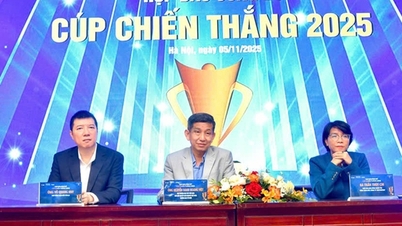



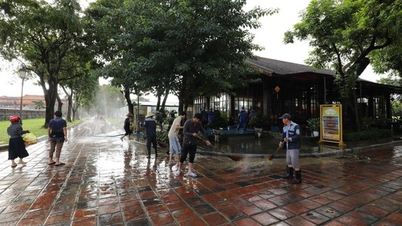









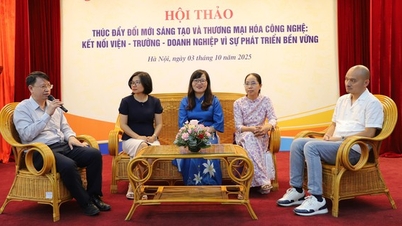

![[Photo] Panorama of the Patriotic Emulation Congress of Nhan Dan Newspaper for the period 2025-2030](https://vphoto.vietnam.vn/thumb/1200x675/vietnam/resource/IMAGE/2025/11/04/1762252775462_ndo_br_dhthiduayeuncbaond-6125-jpg.webp)













































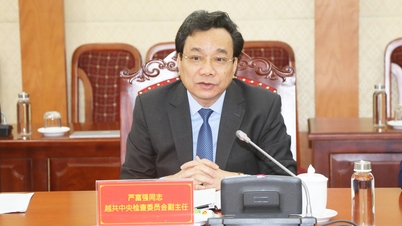

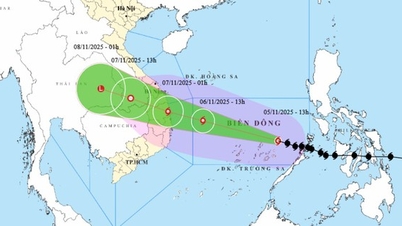




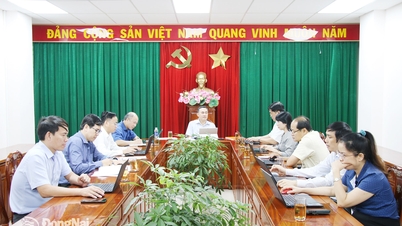

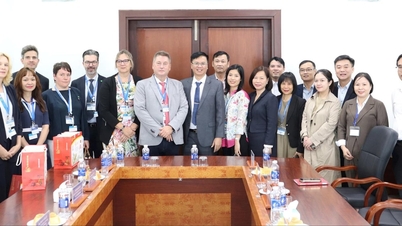







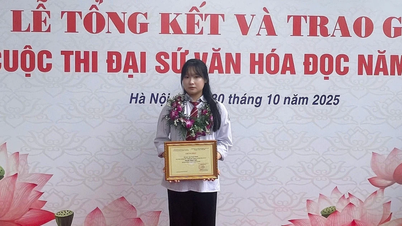














Comment (0)